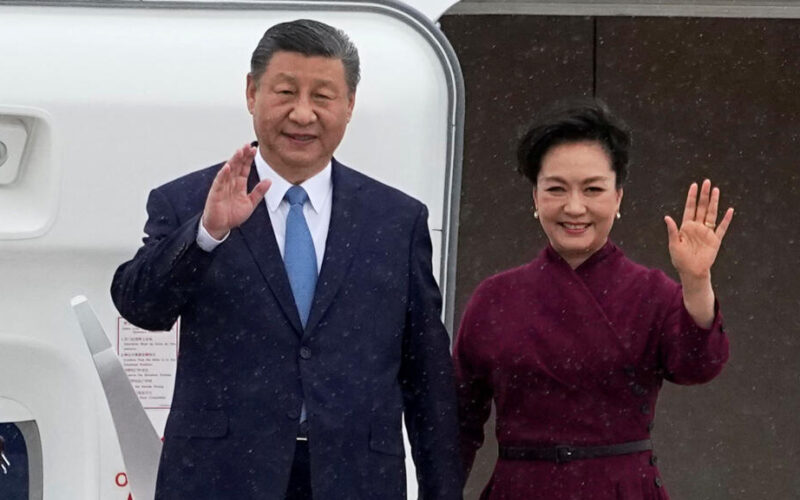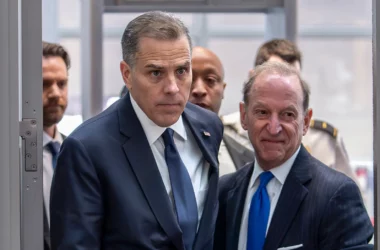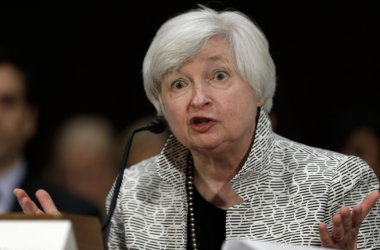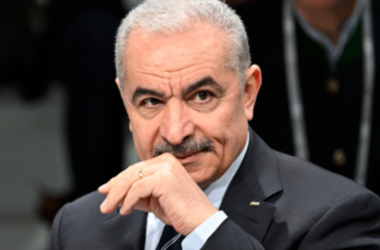Chinese President Xi Jinping has embarked on his inaugural trip to Europe since 2019, with France as his primary destination, amidst escalating tensions over trade issues and concerns regarding China’s stance on the Ukraine conflict.
Xi’s itinerary includes meetings with French President Emmanuel Macron and European Commission President Ursula von der Leyen, where discussions are expected to revolve around reducing trade imbalances and addressing China’s influence on the situation in Ukraine.
France has voiced apprehension over China’s burgeoning export capacity, particularly in sectors such as electric vehicles (EVs), prompting an EU investigation into potential punitive tariffs on Chinese EV imports allegedly benefiting from state subsidies. Macron aims to dissuade Xi from retaliatory measures, which could target French exports like cognac and agricultural products.
Moreover, the EU suspects that Chinese entities might be circumventing sanctions on exports to Russia, exacerbating concerns about the Ukraine conflict. Macron’s agenda also includes cautioning Xi against bolstering Russia’s military capabilities through arms trade.
In his statements, Xi emphasized the significance of Sino-French relations as a global model for cooperation, while assuring France of China’s commitment to fostering broader international engagement and promoting peace and stability.
The visit coincides with China’s anti-dumping investigation into brandy imports from the EU, echoing previous disputes such as tariffs imposed on Australian wine. Both sides seek fair competition and reciprocity in trade relations, amidst a backdrop of multiple EU probes into alleged unfair practices by Chinese industries.
While Macron seeks to bolster agricultural exports to China and address concerns regarding intellectual property rights, uncertainties remain regarding potential aircraft orders from China during Xi’s visit.
Xi’s itinerary extends beyond France, encompassing visits to Serbia and Hungary, with discussions likely to extend to broader economic and geopolitical interests. The trip underscores the complexity of Sino-European relations amid evolving trade dynamics and regional security concerns.








